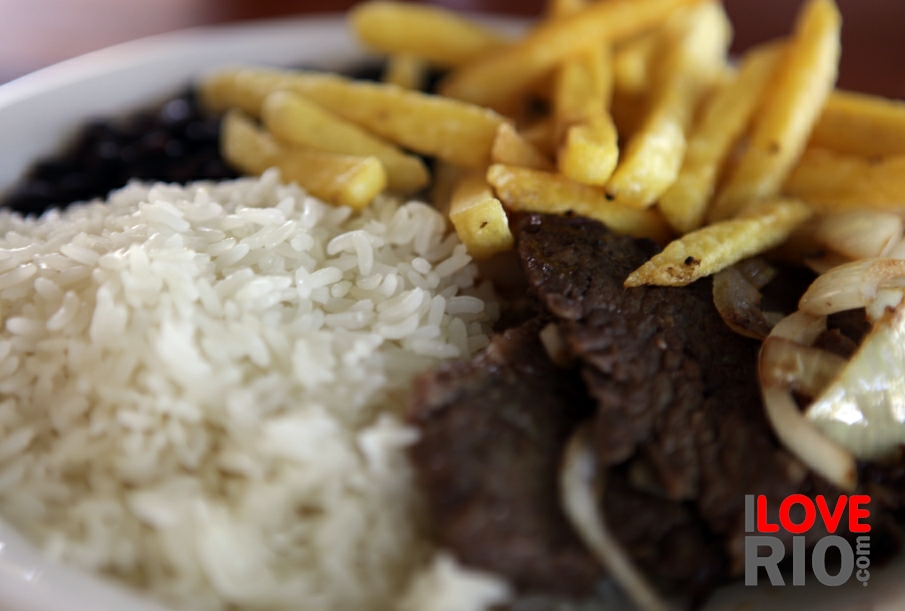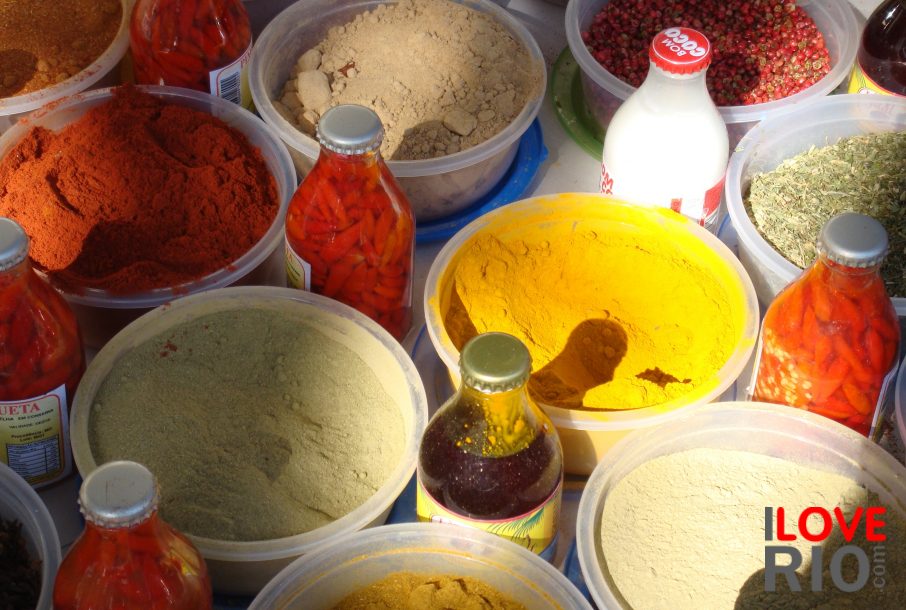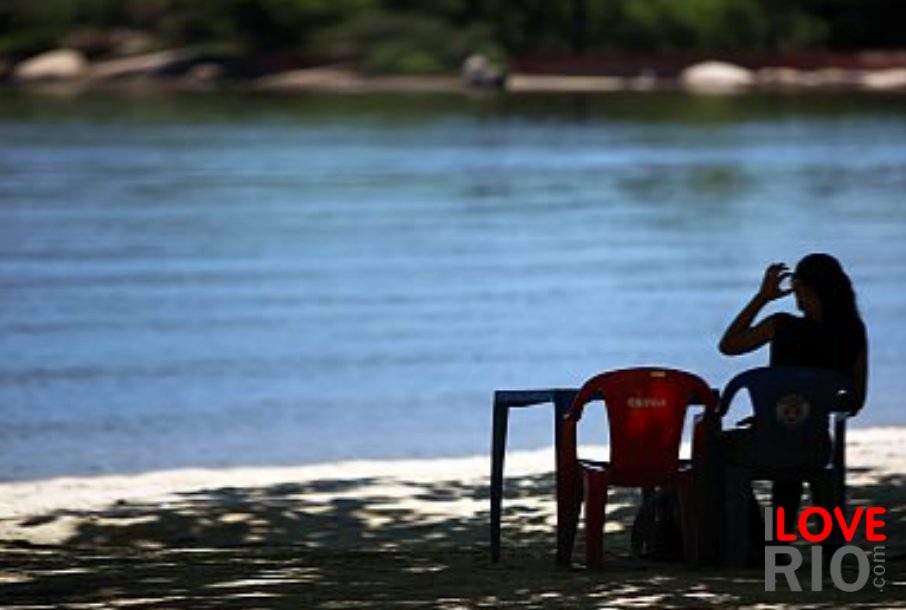

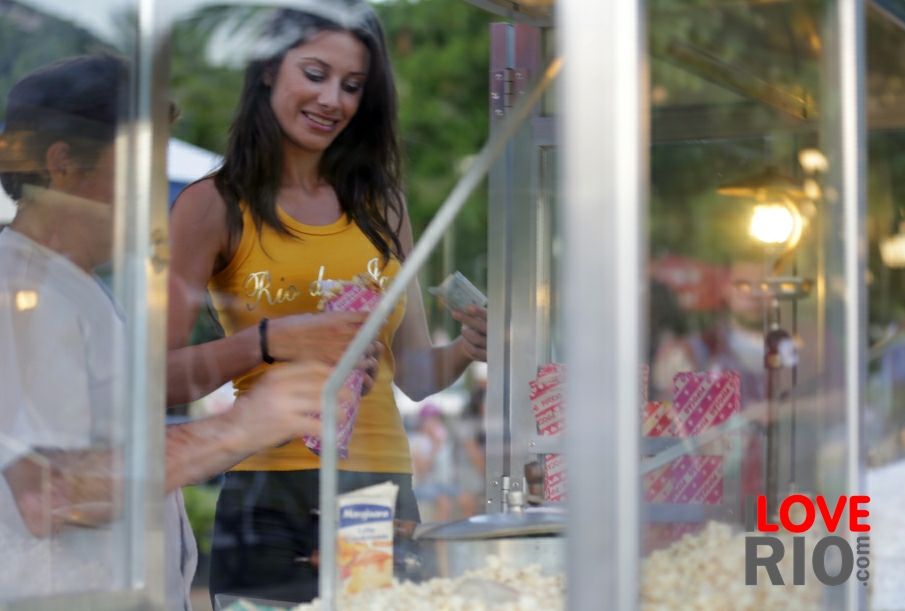
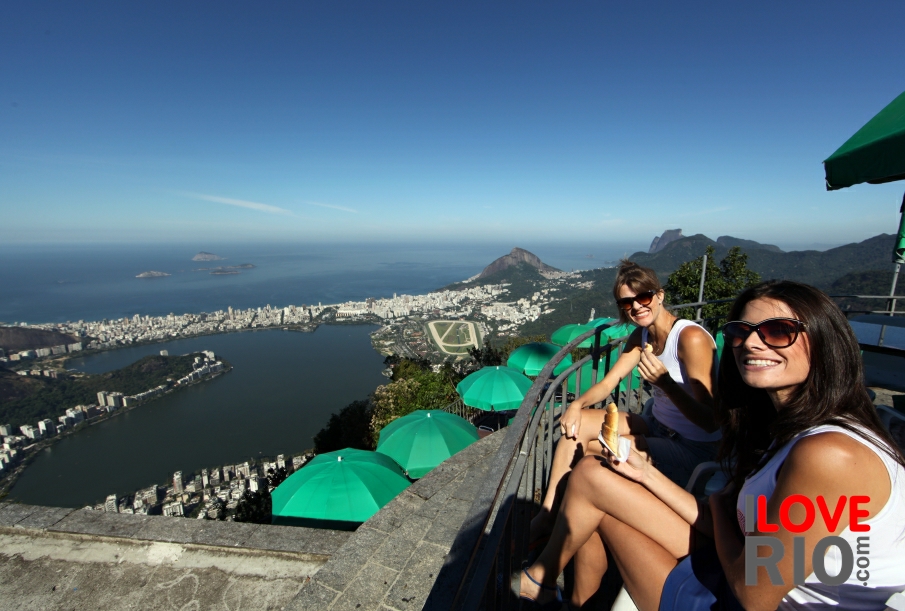
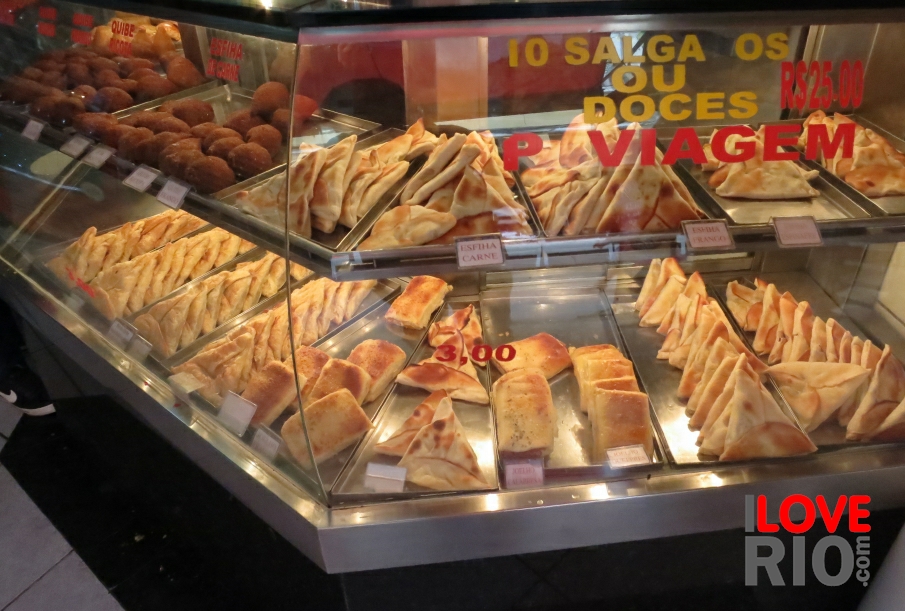
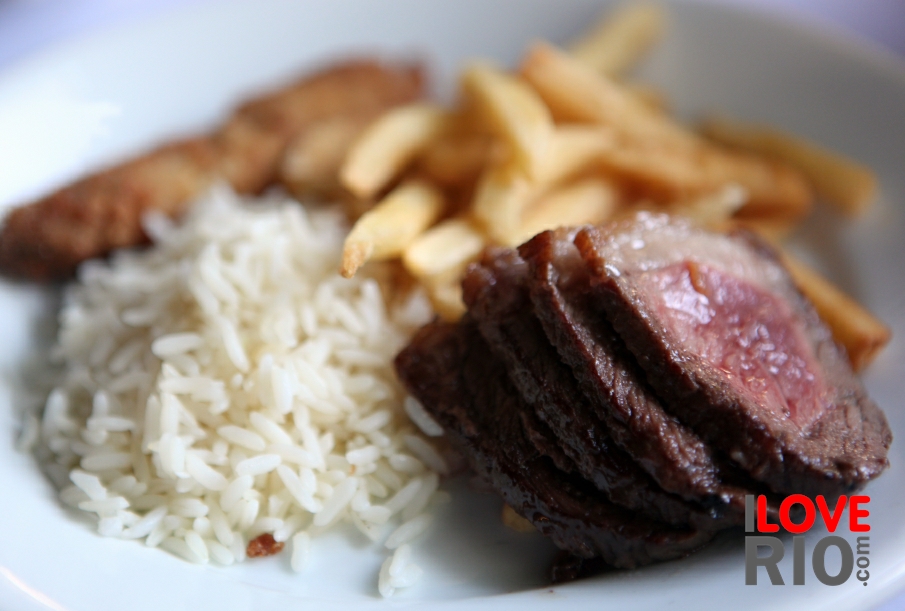
between 1835 and 1867 the production of coffee in brazil grew exponentially, with rio de janeiro being responsible for 90% of the total production, and 60% of the world production - it was this expansion in rio's supply that many say created the world market for coffee and established it as a global product.
at that time, coffee was said to have extraordinary properties due to the remarkable demographic expansion of the turks, who were avid coffee drinkers - generating interest in the product.
the wealth generated by the coffee production led to the development of cities in the state such as petrópolis, teresópolis, nova friburgo, and cabo frio - all luxurious escapes for the rich owners of coffee farms.
rio de janeiro's coffee production hit a peak during the decade 1881-1890, but slumped after 1888, due to the abolition of slavery and some poor crops, which saw a number of the coffee farms replaced with cattle ranches.

restaurants
